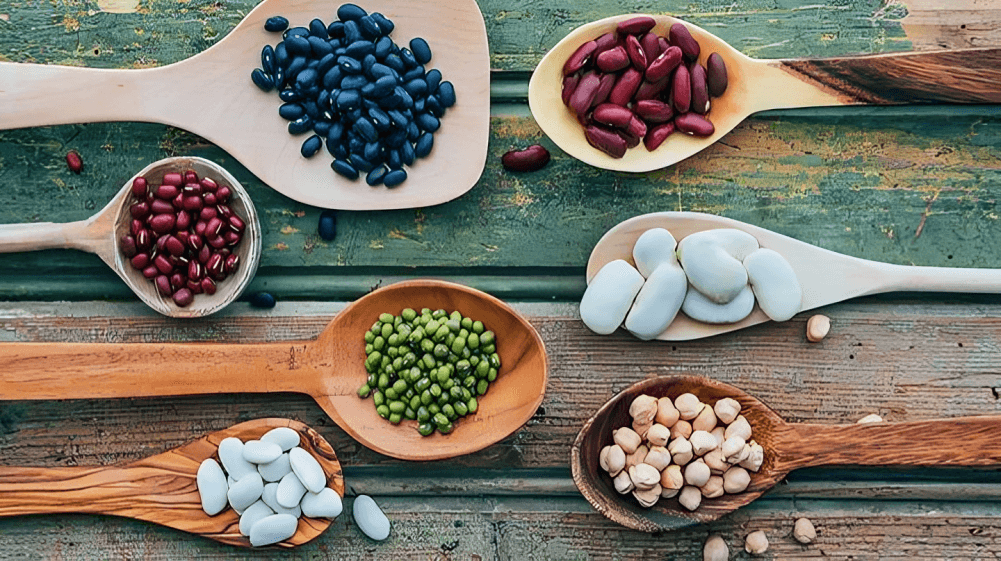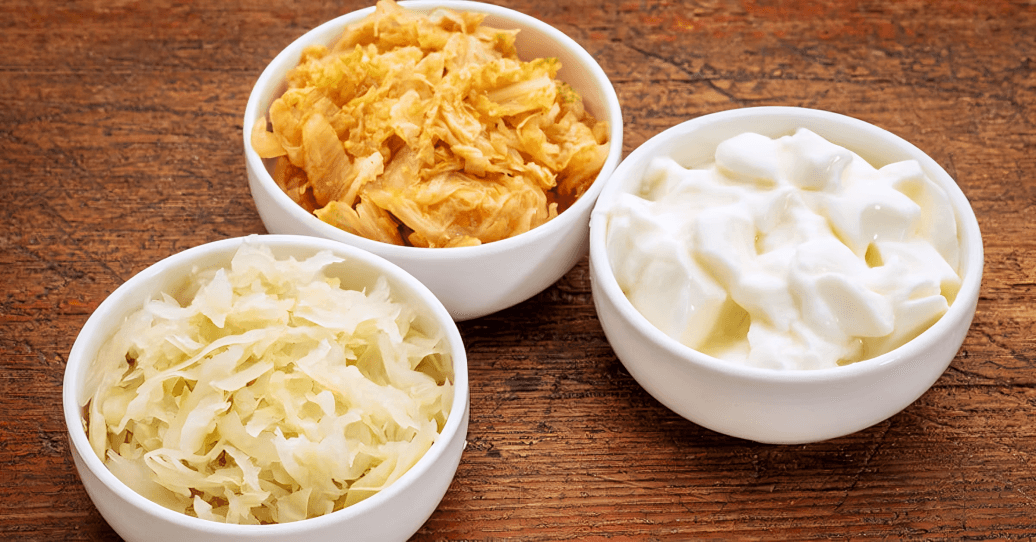
“
Understanding how diet affects skin health & acne is crucial for anyone aiming for clear and radiant skin. Whether it's oily skin linked to sugary treats or dry patches caused by nutrient deficiencies, diet can influence everything. Medical experts and dermatologists increasingly agree that food choices may reduce inflammation, regulate hormones, and improve skin barrier function. 1
1
”
Diets rich in dairy, particularly skim milk, have been associated with increased acne severity. Hormones and bioactive molecules in milk may influence oil production and worsen inflammation in the skin. 1
Omega-3 fatty acids found in fish, walnuts, and flaxseeds help reduce skin inflammation. These healthy fats support the skin’s barrier function and may ease chronic skin conditions like acne. 2
Diets high in processed foods and saturated fats have been shown to increase inflammatory markers. This low-nutrient intake can disturb skin homeostasis and lead to more intense acne flare-ups. 3

Zinc, found in foods like pumpkin seeds and legumes, plays a role in wound healing and reducing inflammation. A zinc deficiency is commonly noted among people experiencing severe or cystic acne.
Hydration levels from water-rich foods such as cucumbers, berries, and lettuce can improve skin elasticity and clarity. Dehydrated skin can become irritated, flaky, and more prone to breakouts. 4
Sugar consumption has been linked to higher levels of androgen hormones, which stimulate oil glands. Excess sugar promotes breakouts and accelerates skin aging by impairing collagen structures. 5
Antioxidants from foods like blueberries, dark chocolate, and green tea help neutralize free radicals. These compounds reduce oxidative stress, slow down skin aging, and support smoother, clearer skin. 6
Fiber helps regulate blood sugar levels and remove toxins from the body. Whole grains, vegetables, and fruits support gut health, which is closely connected to skin clarity and inflammation control. 7
Excess iodine, found in large quantities in some seaweeds and processed foods, may contribute to acne in sensitive individuals. This mineral can overstimulate sebaceous glands, leading to clogged pores. 8

Foods rich in probiotics like yogurt, kimchi, and kefir enhance gut microbiota, which reduces systemic inflammation. A healthy gut has been linked to fewer acne breakouts and improved skin tone.
Collagen-boosting foods such as bone broth, citrus fruits, and garlic support skin structure. They help maintain elasticity, reduce wrinkles, and create a firm, youthful appearance with consistent intake. 9
A diet lacking in essential fatty acids can weaken the skin barrier. Dryness, redness, and scaling are common signs when the skin lacks nutrients from healthy fats found in seeds, nuts, and oily fish. 10
Green leafy vegetables provide essential vitamins like E, C, and K that repair skin damage. These antioxidants shield the skin from environmental stress and promote a brighter, more balanced complexion. 11
Frequent fast food consumption has been associated with acne due to high levels of saturated fats, sugars, and refined carbs, which cause insulin resistance and systemic inflammation affecting the skin. 12
Spicy foods may trigger breakouts in some individuals by stimulating circulation and raising body temperature, which can increase oil production and worsen skin conditions like rosacea and acne. 13

Vitamin E, found in almonds, sunflower seeds, and avocados, supports skin healing and hydration. It combats oxidative damage caused by sun exposure, environmental toxins, and internal stressors.
Caffeine in excess may dehydrate the skin and elevate cortisol levels, which is linked to acne. Balancing caffeine with water and antioxidants can help preserve skin hydration and calm inflammation. 14
Citrus fruits packed with vitamin C enhance collagen synthesis and reduce hyperpigmentation. Daily intake improves skin brightness and may fade acne scars over time through cell regeneration. 15
Plant-based diets, when balanced, may reduce acne and support healthy skin due to low saturated fat content and high levels of vitamins, antioxidants, and anti-inflammatory phytochemicals. 16
Modern dermatologists and nutritionists now view acne as not only a topical issue but also a systemic one. Holistic dietary changes are recommended for long-term skin health, not just temporary fixes. 17


